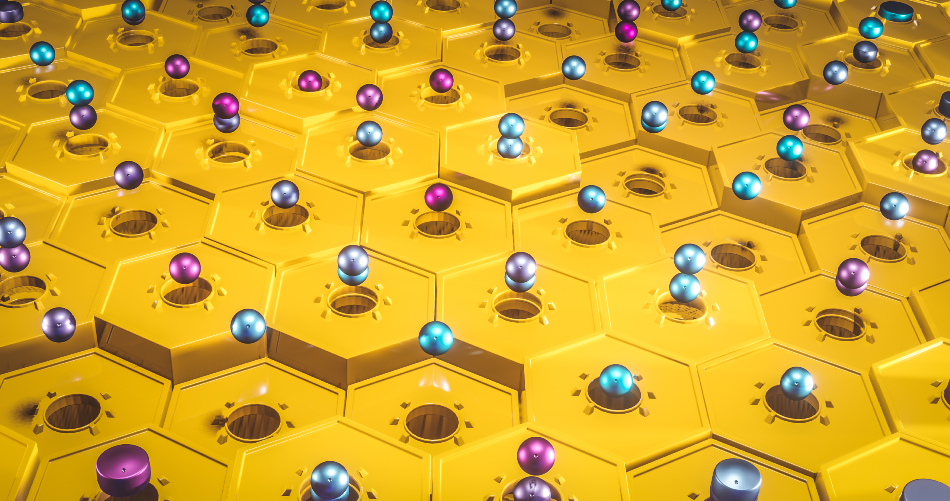Mar 3 2020
A team of researchers from Japan-based RIKEN Center for Emergent Matter Science has successfully taken repeated measurements of an electron spin in a silicon quantum dot (QD), without altering the spin in the process.

Image credit: CI Photos/Shutterstock.com
This kind of “non-demolition” measurement is crucial for developing fault-tolerant quantum computers. With the help of quantum computers, certain sets of calculations like many-body problems, which are time-consuming and highly complicated for traditional computers, could be performed more easily.
In essence, this involves quantifying a quantum value that never exists in one state, such as a traditional transistor, but rather exists as a “superimposed state” like how Schrodinger’s famed cat cannot be assumed to be dead or alive until it is seen. With the help of such systems, calculations can be performed with a qubit, a superimposition of two values, and the correct result can be subsequently determined, statistically.
Quantum computers using single electron spins in silicon QDs are perceived as attractive devices, because of their promising scalability and also due to the extensive use of silicon in electronics technology.
But one major challenge faced in the development of quantum computers is that they are highly susceptible to external noise, making error correction essential. To date, researchers have successfully developed single electron spins in silicon QDs with high-precision quantum operation, and an extended information retention time.
However, quantum non-demolition measurement, which is integral for effective error correction, has been tricky. In silicon, the traditional technique for reading out single electron spins is to change the spins into charges that can be quickly identified; however, the detection process has an impact on the electron spin.
Now, in a study recently published in the Nature Communications journal, the RIKEN researchers were able to achieve this non-demolition measurement. They applied the Ising type interaction model, which provided them with a major insight to make the advancement.
This Ising-type interaction model is a model of ferromagnetism that looks at the way the electron spins of adjacent atoms become aligned and result in the formation of ferromagnetism in the whole lattice.
Using the Ising type interaction in a magnetic field, researchers essentially transferred the spin data—that is, up or down—of an electron in a QD to another electron existing in the adjacent QD. The researchers can subsequently quantify the electron spin of the neighboring atoms using the traditional technique, as this would allow them to leave the original spin unaffected, and thus perform rapid and repeated measurements of the neighboring atoms.
Through this, we were able to achieve a non-demolition fidelity rate of 99%, and by using repeated measurements would get a readout accuracy of 95%. We have also shown that theoretically, this could be increased to out 99.6%, and plan to continue work toward reaching that level.
Seigo Tarucha, Study Lead and Group Director, RIKEN Center for Emergent Matter Science
Tarucha continued, “This is very exciting, because if we can combine our work with high-fidelity single- and two-qubit gates, which are currently being developed, we could potentially build a variety of fault-tolerant quantum information processing systems using a silicon quantum-dot platform.”
The study was carried out by researchers from the RIKEN Center for Emergent Matter Science, together with colleagues from the Tokyo Institute of Technology and the University of New South Wales.